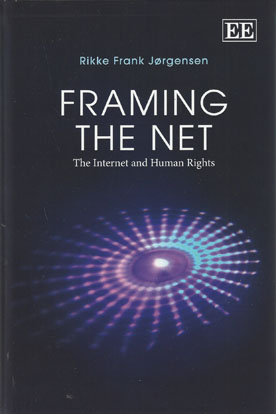
This important book examines how human rights are being applied in the digital era. The focus on 'internet freedoms' and 'internet rights' has risen considerably in recent years, and in July 2012 the first resolution on the promotion, protection and enjoyment of human rights on the internet was adopted by the U.N. Human Rights Council.
This timely book suggests four framings to examine human rights challenges in an internet era: the Internet as Infrastructure, the Internet as Public Sphere, the Internet as Media and the Internet as Culture. These propositions, and the questions that arise from them, are considered in the broad context of the way human rights are translated and applied in the information society, both in academic research and the international community's policy discourse.
The author points to the role of private actors vis-a-vis human rights as one of the most crucial and cross-cutting themes that needs to be addressed in order to advance human rights protection on the internet. Combining research themes that are often dealt with separately, this book will appeal to civil society organizations, journalists, and policy makers in the field of internet and communication policy making.
The book's overview of internet-related academic discourse combined with human rights-based policy analysis will be useful for scholars, students, and practitioners working within these fields.